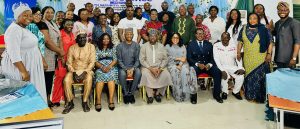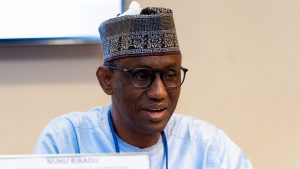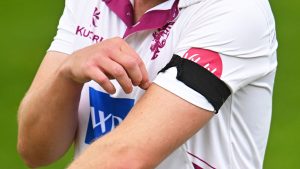Opinion: Slain journalist James Foley’s mother is grateful justice prevailed

Our conversation was lightly edited for clarity. (Disclosure: I used to serve on the board of the James W. Foley Legacy Foundation, which advocates for American hostages and journalists in war zones. My wife Tresha Mabile now Foley: Yes, plus the Brits wouldn’t be allowed to share their important evidence. Our Department of Justice felt we really needed their implicating evidence too. When Barr took the death penalty off the table, then we were able to secure the British evidence. Our prosecuting team really wanted to prove how into all this violent jihad Elsheikh was, and he was sending information to his older brother in London using some sort of an encrypted app. So, Scotland Yard was able to get those exact texts and even photographs of what he sent to his brother.Bergen: What was the reaction to the guilty verdicts in the courtroom?Foley: Well, relief, exhaustion, deep gratitude on my part. The prosecution worked on this for years. So, it’s been a long time coming, and we’re particularly grateful because mercy and justice prevailed. We didn’t use any armed drones or bombs to achieve accountability. We were able to prove in a courtroom beyond a reasonable doubt that Elsheikh was, in fact, guilty. Now, he’ll be able to spend the rest of his life incarcerated and be able to ponder what he did. And who knows, maybe he’ll be remorseful at some point?Bergen: It is rare for somebody to have been involved in these kidnappings and murders to be prosecuted successfully?Foley: It is. Impunity is what normally happens, and that’s why this is such a big deal, because without any accountability, this terror continues, right? Bergen: Are there other points that would be important for CNN’s readers to understand?Foley: Well, I think the biggest one is that there are 60-plus publicly known cases of US nationals currently in the same situation [that Jim, Steve, Kayla, and Peter were in, and I can’t help but think how many Americans must die before our country prioritizes their return. This trial was very expensive. And it was a victory for justice, yes, and for accountability, yes, but it didn’t bring our kids home, and we have more than 60 US nationals really counting on our country to find ways to negotiate their freedom. Bergen: These detainees are held both by authoritarian regimes and by terrorist groups?Foley: Yes. But most are held by states at this moment, by the Russians, the Syrians, the Iranians, Venezuela, and China. Because they’re states, it makes it more complicated because negotiations involve much more than ransom or even the exchange of prisoners. There’s often lots of other things other countries want from the United States. So, it makes it incredibly complicated but incredibly important that we get them out as soon as possible because we are finding the longer, they’re held, the more the captors want from our government.







